Why a DMS Study?
The value of market intelligence to buyers and sellers of donor management software
It’s generally accepted that market intelligence is valuable to software companies, but is it also valuable to their customers? In this post I’ll start by spelling out some of the reasons donor management software companies want this kind of data. Then I’ll explain what’s in it for their customers: the nonprofit organizations that buy and use donor management software. And finally, I’ll share how you can participate in gathering this data and access the findings.
What DMS Vendors Want to Know about Their Market
The makers and sellers of donor management software care about customer acquisition and retention. To excel in each of those areas, they need answers to a few questions.
To win new customers, they should be asking questions like:
Which messages will appeal to prospective customers?
What’s the most effective way to segment?
Which features and capabilities will give us a competitive advantage?
What should we invest in immediately, versus keep an eye on?
To hang on to existing customers, the questions are slightly different:
When should we begin retention efforts?
What messaging is most effective?
Which features and capabilities will ensure customer loyalty?
If I was the CEO of a software company and I could only know three things about the market, they would be purchase cycle, decision drivers, and competitive position. If I know how often nonprofit customers are typically reconsidering their choice of donor management software, that helps me determine when to start customer retention efforts and when to escalate them.
What if I could also learn the reasons competitors’ customers are switching to a new product, and which factors those customers give most weight to in their next purchase decision? Then I don’t have to make a wild guess on marketing messages, because I have data that helps me appeal to different segments.
And if I know the comparative satisfaction with features of my product and my competitors’ products, I can further refine my messaging–but not only that, I can also make data-informed investments in product development for competitive advantage.
My research suggests that there’s little market research that provides in-depth, actionable analysis of these data points. Later I’ll share how I’m trying to fix that.
But first, let’s consider how it might help the nonprofit sector.
What Nonprofits Gain from DMS Market Data
The development associates, major gift officers, prospect researchers, and other end users of donor management software want features that help them work more effectively and efficiently. And the development directors and CEOs who purchase the software want a vendor that’s a good fit, keeps up with the times, and anticipates their needs.
Comparative customer satisfaction data is, of course, helpful when choosing software. A word of caution here: just because the largest portion of survey respondents was happy with Product X, that doesn’t mean it’s the right fit for you. But looking at what works for organizations with similar fundraising programs and similar donation revenue to yours might give you some hints as to what should be on your shortlist.
Knowing which features are most important to your peers, and which produce the highest and lowest satisfaction, might also be helpful to your decision process. For example, if you discover that support for recurring donations has a low average satisfaction rating, and this is crucial to your fundraising efforts, you might want to scrutinize that feature in the software you are considering and ask their client references about it.
What about product development? Details about precisely what drives satisfaction and the decision to renew a contract can help vendors focus on what really matters to their customers. Customers benefit when vendors gain insights into which features are most important to them, which ones are disappointing or annoying and need upgrades, and which ones are strong and ought not to be tinkered with. By looking at the whole market, and not just their own customers, vendors might discover that a competitor’s feature is delighting that company’s customers–and decide to replicate it, or be inspired to make something even better.
Wouldn’t it be nice to know which DMS products get the best fundraising results? Well, there are a lot of factors involved, too many to establish a clean cause-and-effect relationship. But research I’m conducting right now will show how products correlate to year-over-year changes in contributed revenue, and to what extent users credit their DMS with fundraising success.
A Comprehensive DMS Market Study - How to Participate
This month, I’m conducting a survey of the nonprofit sector, open to anyone who uses donor management software. It will help me find answers to many, if not all, of the questions mentioned above. And I need you to participate by filling it out or forwarding it to the fundraising professionals in your life.
Once the data is collected, my business partner Tom Lehman–who has previously conducted seven DMS market studies–and I will analyze and distill it into what we think are the most important findings for the nonprofits sector. We will publish these findings, in partnership with NTEN, and make them publicly available at no charge at karengrahamconsulting.com and nten.org. We will also be providing in-depth analysis, The Lehman Report, to DMS vendors for a fee.
Expect some interesting data that helps you make better decisions, whether you are a buyer or seller of donor management software. I’ll look forward to sharing it!
